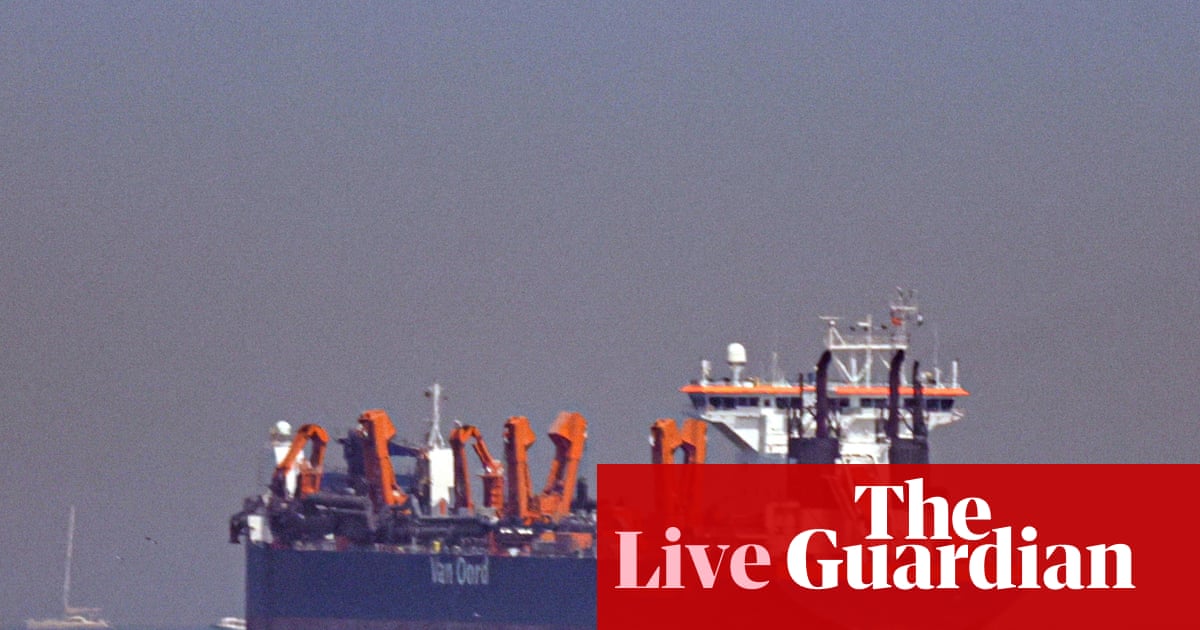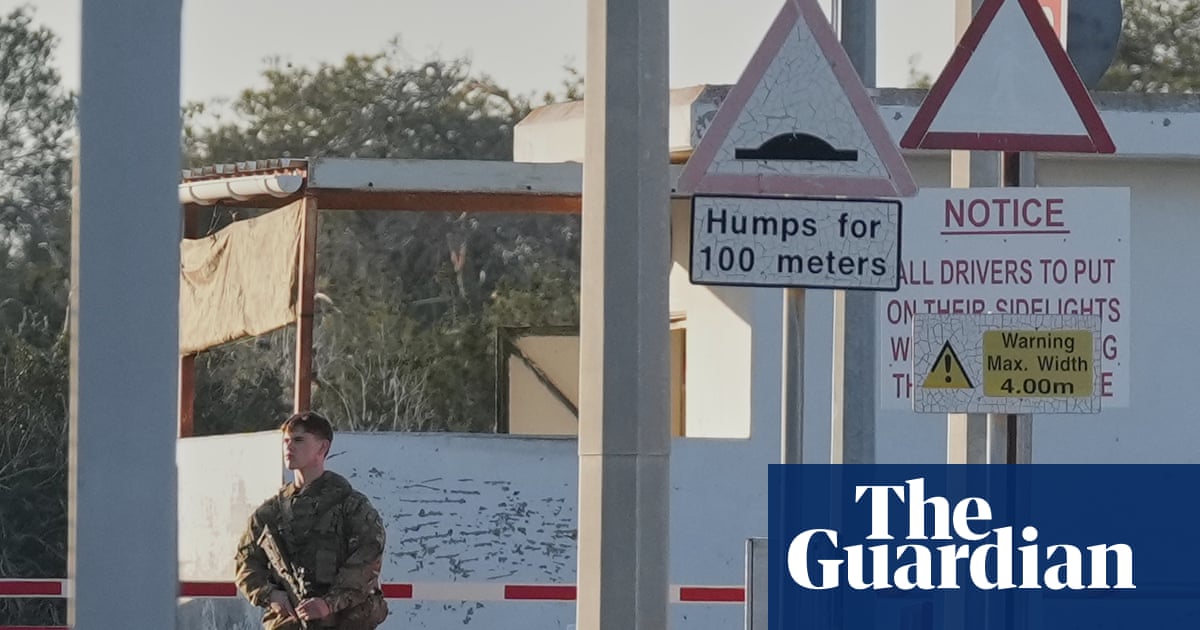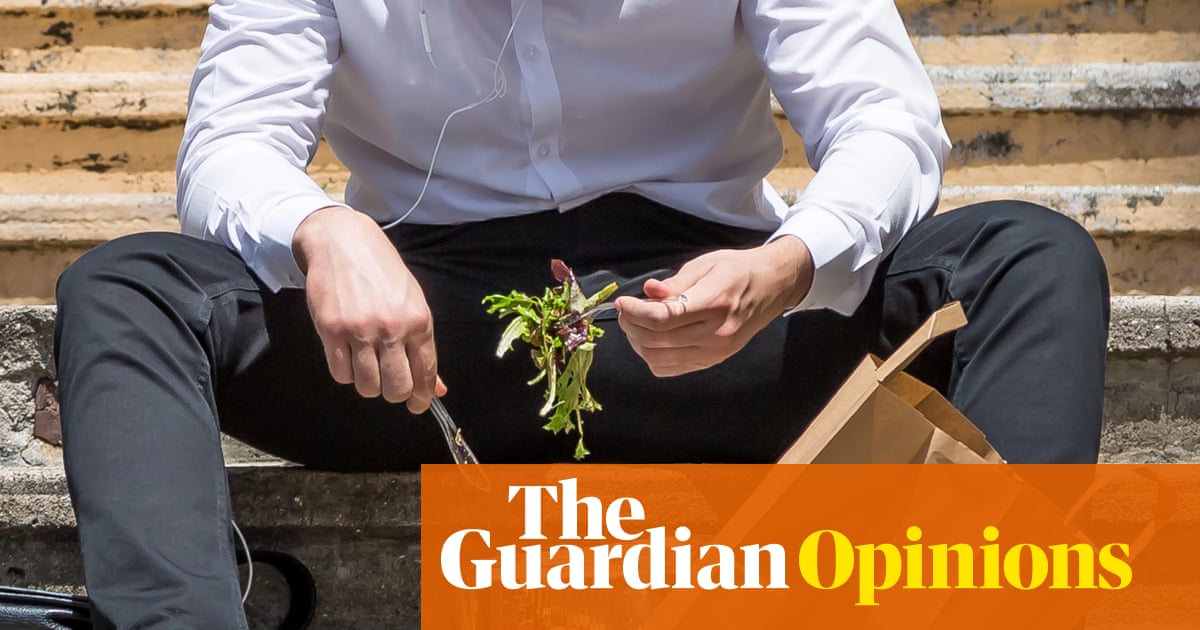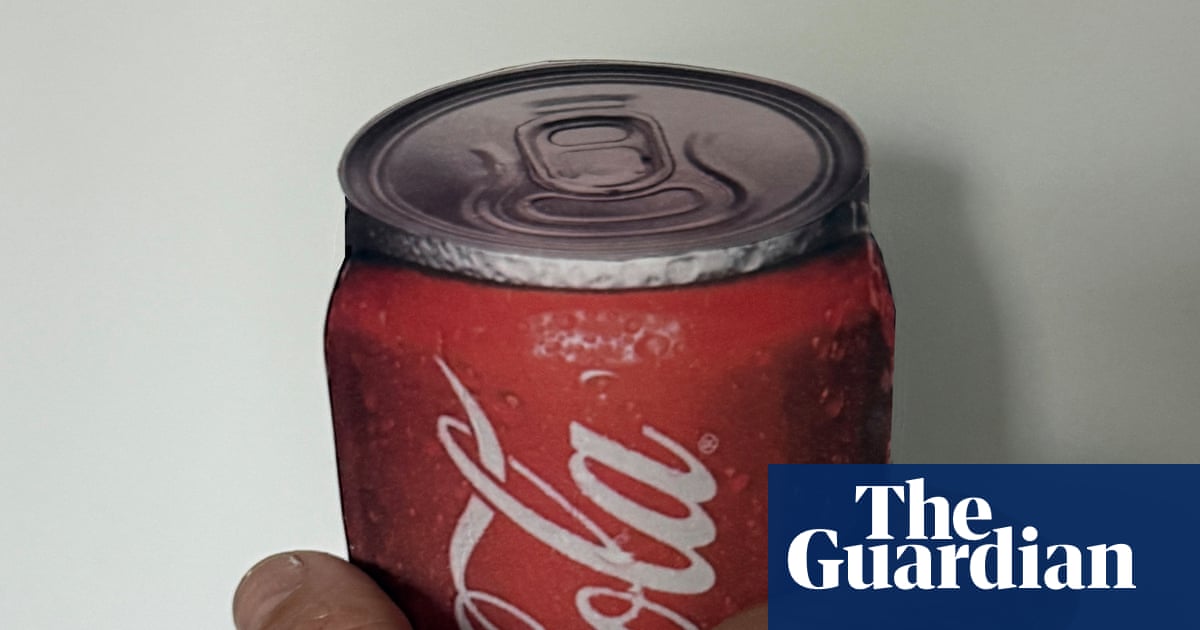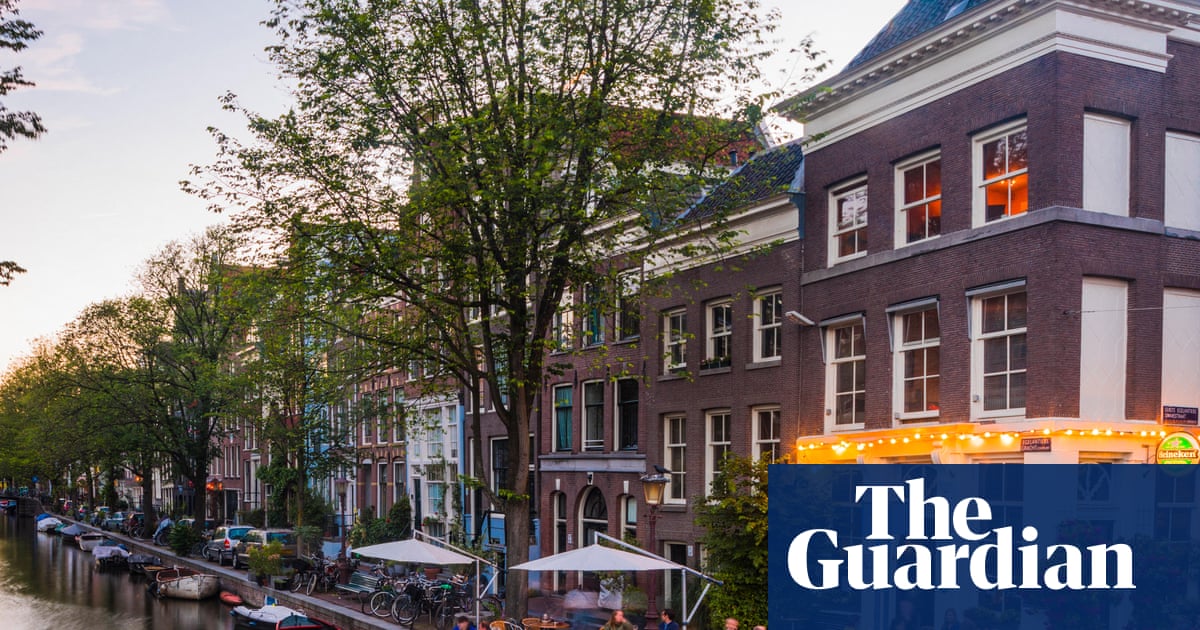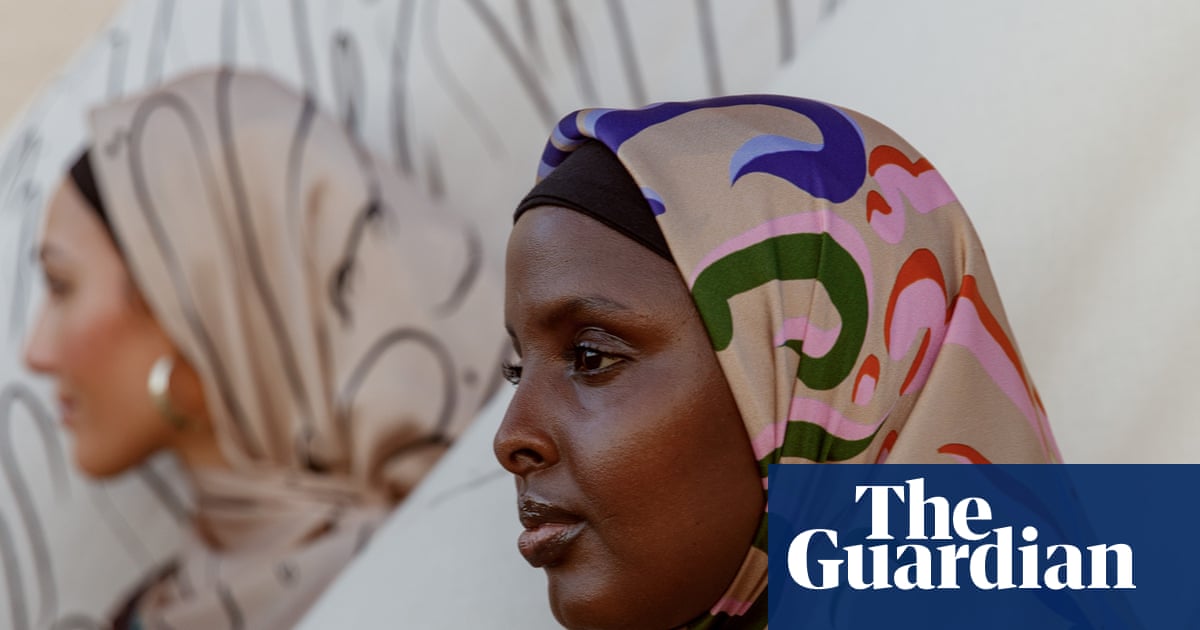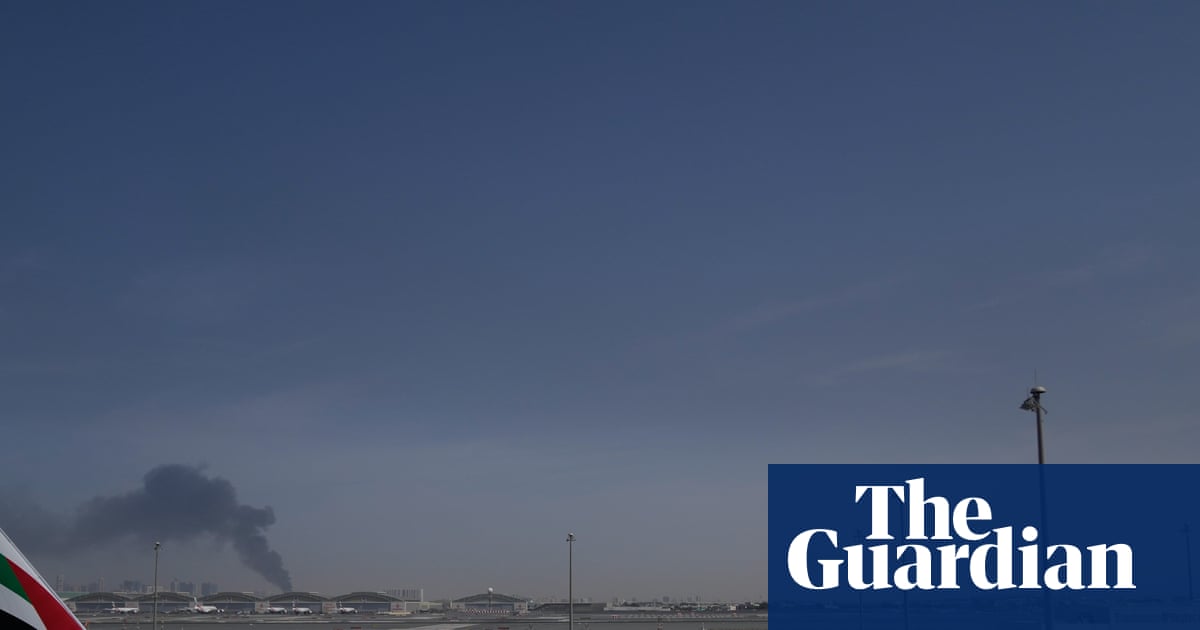Asylum seekers could have jewellery or other valuables taken to pay for the costs of processing their cases, a Home Office minister has said, in another detail of changes to migration policy likely to cause concern among Labour MPs.
Speaking to broadcasters before the formal announcement of sweeping changes to asylum policy on Monday, the Home Office minister Alex Norris said while this would not involve seizing wedding rings, jewellery without sentimental value could be taken.
The idea is another borrowed from Denmark’s tough approach to asylum by Shabana Mahmood, the home secretary, in an attempt to reduce the number of refugees coming to the UK.
While Mahmood has billed the changes as the only way to see off “dark forces … stirring up anger” over migration, a number of Labour MPs are known to dislike some of the ideas, with at least one minister on resignation watch.
Norris defended the confiscation of valuables from refugees, telling Sky News: “At the moment, the British public pay billions of pounds a year so that those seeking asylum, or those who have already failed in their applications, can be supported in their accommodation and their living.
“It is right if those people have money in the bank, people have assets like cars, like e-bikes, they should be contributing. No, we’re not going to be taking people’s heirlooms off them at the border. But … people have cars. People have e-bikes. Those are assets they should contribute to the cost of benefits.”
Asked if jewellery without sentimental value could be taken, Norris said people should wait for Mahmood to set out the plans to the House of Commons on Monday afternoon.
Pressed on whether the likes of wedding rings could be included, Norris said: “In the instance you’re talking about, no, of course not. If someone comes over with a bag full of gold rings, well, that’s different to what I said about the heirloom.”
Norris also confirmed that countries that refuse to take back asylum seeker nationals could face diplomatic sanctions such as restrictions on visas. Briefings to newspapers have identified Angola, Namibia and the Democratic Republic of the Congo as among possible targets.
“There are a significant numbers of people who’ve been through the system – they’ve come to this country, have an asylum claim rejected, they’ve appealed it, that’s been rejected and now they’re in accommodation paid for by the taxpayer, going nowhere fast. Terrible for those people, terrible for us collectively.
“But the country of origin, which is a safe country, which often we have a returns agreement with, aren’t doing their bit in helping us remove their citizens back to home.”
Mahmood confirmed on Sunday that refugees would be liable to be returned if their country was no longer deemed dangerous, with their status reviewed every 30 months, including families with young children in school.
The government will announce that it will legislate to toughen how courts apply the European convention on human rightsregarding family life, enabling more deportation of people with family members still in the UK.
Some MPs and ministers are particularly concerned about plans to ramp up deportations of refugee families, including those with children.
Charities said it would risk “another Windrush scandal” and leave refugees in near-permanent limbo, with children liable to be unrooted from schools and adults unable to build careers, and make integration harder.

.png) 3 months ago
77
3 months ago
77
